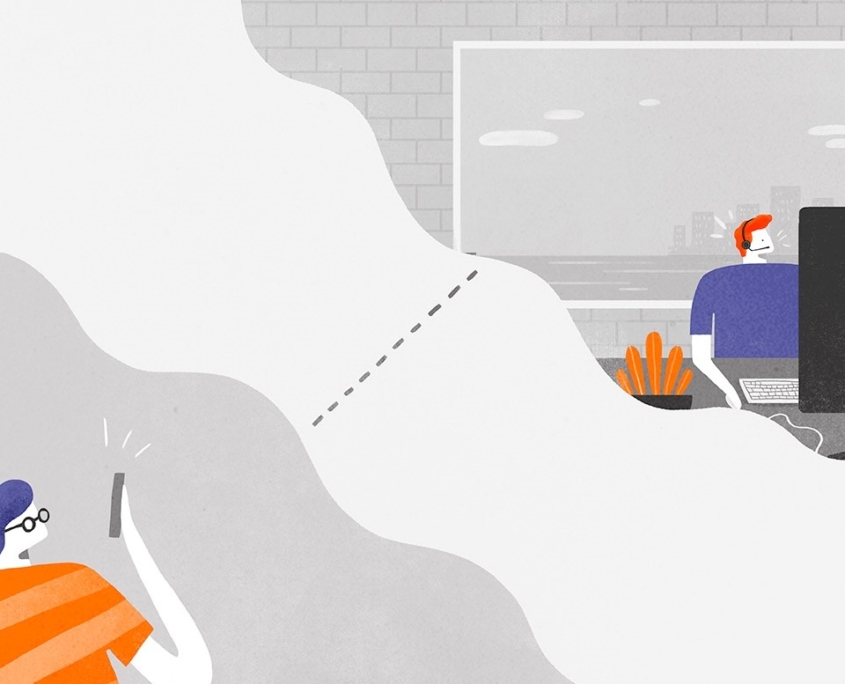macsa services | palliative medicine
palliative medicine
macsa services
A large portion of the problems that a cancer patient faces are physical problems. These physical problems are either caused by the presence of cancer cells and tumor activity, or are resulted as the side effects of cancer treatment. While the main goal of therapeutic treatment is to eliminate the cause of the disease and its cure, palliative medicine is aimed to relieve the symptoms and control the complications that the cancer patient faces. Most often, the supportive care and palliative care team is the same as the main treatment team, which includes the treating doctor (oncologist or radiotherapist) and nurses, but this team is not able to meet all of the patient’s needs. Therefore, the palliative medicine team, in collaboration with the treatment team, tries to help the patient and his family by controlling the symptoms and complications associated with the disease and its treatment.
Reducing suffering and physical discomfort will help the patient to go through the treatment process more easily. It also helps maintain independence and a higher quality of life.
MACSA is the first and largest palliative care center in Iran. All MACSA services are free. Our services are provided as home based, Inpatient and outpatient services within various cities of Iran. Here you can see the palliative medicine services provided by MACSA.
Care process management
Getting cancer is the beginning of vicissitude path for the patient and his/her family. From the moment of diagnosis, many questions are raised for the patient and the family; Questions that may include the prognosis of the disease, the right treatment plan and the necessary care that the patient needs.

Providing valid information about the condition and the patient’s situation, the course of treatment and the patient needs in a simple and clear language, for the patient and the family, is within the range of the tasks assigned to the palliative doctor. Palliative care team helps the family in making the right decision and prevents the disease from turning into a long-term family crisis.
The palliative doctor also assesses the patient’s condition, determines the medical and nursing care they need, prepares the care plan.
Family care meeting
Caring for someone with an advanced illness is very difficult. Caregivers and the family on the one hand are under emotional stress and on the other hand need to learn how to care for the patient and themselves. Family care program addresses this need. Family care meetings are arranged during which patient’s latest condition is reported to the family, family expectations are discussed. as well in critical circumstances professionals participated in a family care meeting, assist the family in making important decisions. These sessions, which are held in collaboration between different specialties, especially physicians and psychologists, play an important role in emotional and psychological support of the family and creating a sense of security and peace in them.
caregivers Education
Studies have shown that the earlier the caregivers become familiar with supportive and palliative care, the better they adapt to the caregiving tasks. The palliative physician and/or palliative nurse, educate the caregivers how to manage various conditions that the patient may face. In addition, practical training is provided to the family mainly by nurses.
Phone visit
MACSA doctors regularly contact the patients or their caregivers to find out about their latest condition and to evaluate the effectiveness of previous interventions. Phone visits help the coordinating doctor to arrange further steps based on the patient’s needs.

Diagnostic procedures
Early detection of disease-related complications helps better control of them and prevention of progression. However, many patients are deprived of such services due to the long queue for diagnostic procedures and high costs. MACSA offers a range of home-based diagnostic services including ultrasound, Doppler ultrasound, EMG and ECG.
Control of disease complications
Cancer patients may experience a variety of complications as a result of the tumor activity or as side effects of the treatment. Pain, gastrointestinal complications, ascites and neurological problems are examples of these complications. A core task for the MACSA palliative physicians is to control such complications.
